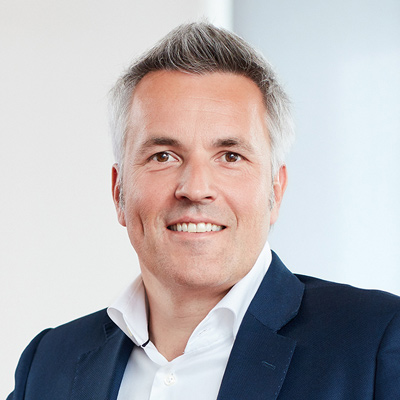Standard-essential patents (SEP)
Standard-based technologies
From the point of view of patent law, the interaction of different, cross-technology systems is increasingly assuming a decisive key position, especially in the technological fields of information technology (IT), telecommunications, medical technology and automotive engineering.
The development of globally valid standard norms is particularly necessary in the field of intelligent and networked products that are connected to other systems and the Internet. The use of uniform technological standards enables a high level of acceptance and usability of new products and technologies. These interoperability standards are therefore necessary in order to network more and more products from different manufacturers and their applications.
Corresponding standards are defined by international standardization organizations. If a patent exists on a technology that is an essential part of the standard, the standard can no longer be used without claiming the protected technology.
Prominent examples can be found in the telecommunications sector. But the Internet of Things (IoT) is also developing more and more standards, especially in the area of the connected home (Smart Home) or manufacturing (Industry 4.0).
FRAND-compliant licensing of SEPs
Manufacturers of smart products who want to make use of standard-essential patents need licenses for the relevant standardized technologies.
Holders of standard-essential patents are obliged under current law to license the patents to potential users of the standard on fair, reasonable and non-discriminatory (FRAND) terms.
The handling of standard-essential patents (SEP) not infrequently results in legal disputes in which, among other things, licenses with appropriate FRAND terms are disputed. If such an agreement cannot be reached, the situation threatens that new products cannot be introduced to the market or have to be discontinued again.
The goal of FRAND licensing is to ensure a uniform framework for licensing and enforcing standard-essential patents for all market participants, while at the same time allowing end users to enjoy a wide variety of products.
Connected Cars
Also in the automotive industry, more and more communication technologies are being installed in vehicles as products, devices and applications become increasingly networked. In many cases, these are protected by numerous standard-essential patents.
A prominent example is the current dispute between Nokia and Daimler, in which it is to be decided whether the owner of the SEPs is free in his choice to demand an appropriate license from the chip manufacturer, the manufacturer of the radio unit or the car manufacturer. This question is essential for manufacturers of expensive or complex products manufactured with subcontractors and will now probably have to be decided by the ECJ soon.
The patent attorneys of karo IP are happy to support you in the development and preparation of a market launch of such networked technologies.
Regarding Matthias Rößler:

Matthias Rößler, German and European Patent Attorney since 2003, studied mechanical engineering at the RWTH Aachen. He is co-founding partner of karo IP. A main focus of his practice is the management of large patent portfolios and the enforcement of bilateral litigation proceedings before patent offices and patent courts. His additional qualification as Master of Laws (LL.M.) qualifies him especially for multinational infringement matters in Europe.
